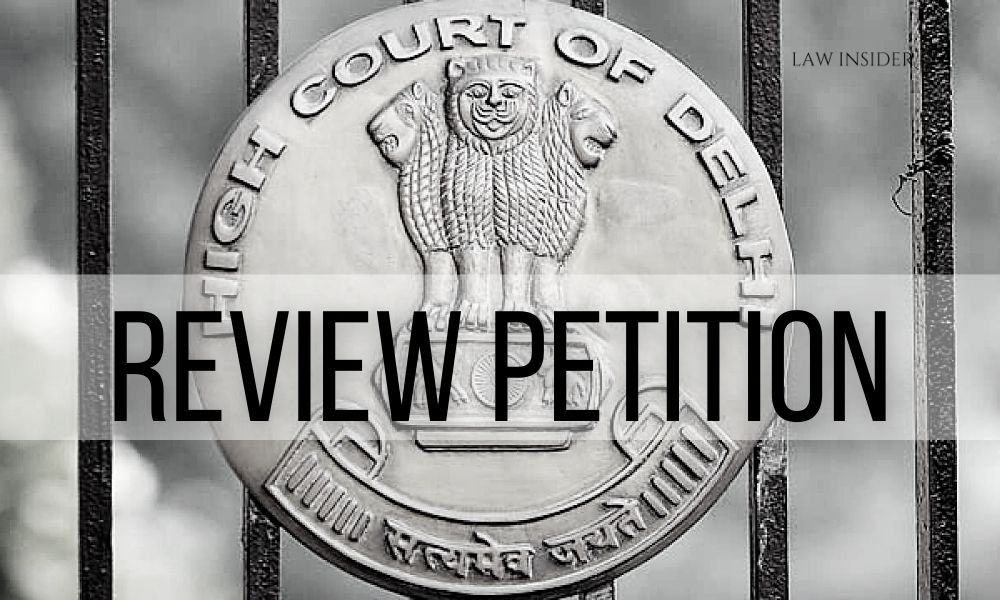
REVIEW PETITION
The review petition is a petition in which it is prayed before the Court of law to review its order or judgement which it has already pronounced.
The Court may accept a review petition when a glaring omission or patent mistake or like grave error has crept in earlier by judicial fallibility.
When a review takes place, the Court will not take fresh stock of the case but just correct grave errors that have resulted in the miscarriage of justice. Also, judicial review can only correct a “patent error” and not “minor mistakes of inconsequential import”.
The provision of review is an exception to the principle of stare decisis. Principle of stare decisis binds courts to follow legal precedents set by previous decisions.
Constitutional Provisions behind Review Petition
Under Article 137 of the Constitution of India and the rules made under Article 145, the Supreme Court of India has the power to review its judgment pronounced by it.
As per Supreme Court rules, a review petition is to be filed within 30 days of the pronouncement of judgment or order and that petition should be circulated without oral arguments to the same bench that delivered the judgment.
Who can file a review petition?
It is not necessary that only parties to a case can seek a review of the judgment on it. As per the Civil Procedure Code and the Supreme Court Rules, any person aggrieved by judgment can seek a review.
No oral arguments by lawyers except in death penalty cases
Review petitions would ordinarily be entertained without oral arguments by lawyers. It is heard “through circulation” by the judges in their chambers.
In exceptional cases, the court allows an oral hearing. In a 2014 case, the Supreme Court held that review petitions in all death penalty cases will be heard in open court by a Bench of three judges.
Who hears the review petitions?
Review petitions are heard, as far as practicable, by the same combination of judges who delivered the order or judgment that is sought to be reviewed. If a judge has retired or is unavailable, a replacement is made keeping in mind the seniority of judges.

